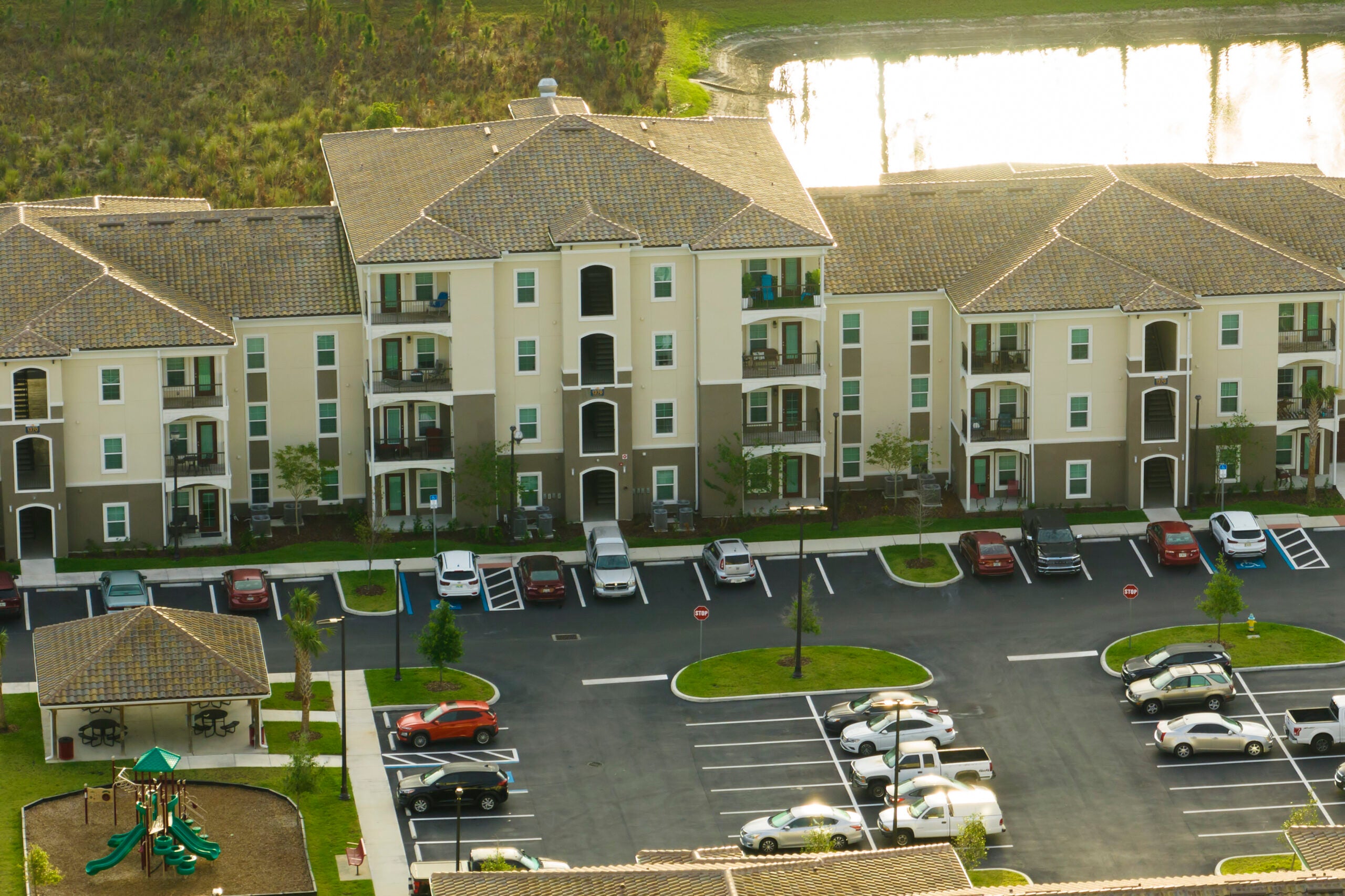Does Augusta need a moratorium on apartments? The topic generated a lot of discussion Tuesday by an Augusta Commission committee, but the talk concluded with little action.
Mayor Pro Tem Wayne Guilfoyle introduced the idea of a temporary ban, suggesting a three- to six-month pause on new apartment approvals, excluding the central business district. He cited similar measures in North Augusta and Columbia County, expressing concerns about the growing number of apartment complexes, particularly in south Richmond County.
“We have been inundated with apartments,” Guilfoyle said, pointing to their strain on public infrastructure, including schools and utilities. He also noted that as complexes change ownership over time, their condition often deteriorates.
Before the discussion got underway, a representative of an area homebuilders association announced his group wants to participate in the discussion.
“Maybe we can address some of your concerns,” said Jason Whinghter, land development manager at Ivey Development. Apartments “fill a big gap” for those who can’t afford to buy homes, Whinghter said.
MORE: Virginia Tech storm volunteers receive warm welcome from local mother
Commissioner Stacy Pulliam, who has worked as a realtor, asked if Augusta could have the sort of mix of fine homes and apartments she’s seen in cities such as Charlotte. In addition, ”everyone does not want to be a homeowner” and many shorter-term residents prefer apartments prior to investing in a home, he said.
Planning Director Carla Delaney said that sort of high-end mixed-use community typically arrives as a package, with the home developer also developing the apartments.
Delaney said last year, Augusta had “upwards of 300” new home starts but said she didn’t know how many apartments had been developed, though the number was “much larger.”
Commissioner Jordan Johnson, whose District 1 includes the central business district said Augusta is “being outpaced across the region” in single-family housing starts. But at the same time, developers complain it’s “extremely hard” to get a project approved through Augusta’s development channels, he said.
Johnson argued against a moratorium if its intent was to keep apartments confined to downtown. Seniors, students and those with lower incomes need a place to live, he said. And “south Richmond County is really the only place left for growth in Richmond County,” Johnson said.
Mayor Garnett Johnson also weighed in with concerns about Augusta’s high rate of residents, some 50%, who rent.
Fifty percent “is a very unhealthy tax population for our city,” the mayor said. “One of the biggest concerns I hear from folks that live in neighborhoods is protecting their property values.”
People move away from areas with high populations of renters, Johnson said. And if Augusta’s housing starts are so low, “we need to fix it.”
Commissioner Francine Scott said Augusta needs to address delays builders are encountering and suggested forming a committee to study the issue that included the homebuilder association. Guilfoyle said he’d return the item to an upcoming agenda. The Public Services committee voted to receive the discussion as information.
Homestead plan has March 18 deadline
The commission’s Administrative Services committee made very quick work receiving three options for an alternative to the floating homestead exemption the commission opted out of last month.
In lieu of opting into House Bill 581, the commission promised to develop an alternative not tied to an inflation index set by the state. The index is used to cap home reassessments to prevent the sort of sticker-shock tax hikes that come with rising home sale prices.
The options presented Tuesday were:
- Using the Consumer Price Index, or CPI. This is the same as House Bill 581 would have used. The index averaged 2.54% over the last 30 years, according to Chief Appraiser Scott Rountree’s presentation. Its use provides the same potential for a tax “shift” to non-homesteaded property, which would go up when valuations increase rapidly.
- Using the Housing Price Index, either at a national, state or regional level. The HPI has ranged from negative 10% to 20.3% over the last 30 years and averaged 3.36% in Augusta. Using this index creates the greatest homestead savings and the highest potential tax shift.
- Using a flat inflationary rate of 3.5%. This creates some homestead savings during valuation increases but has the lowest potential tax shift of the three.
The committee received the options as information. The commission has to approve an option by March 18 in order to get Augusta’s legislative delegation to pass the local bill this year, Administrator Tameka Allen said.











